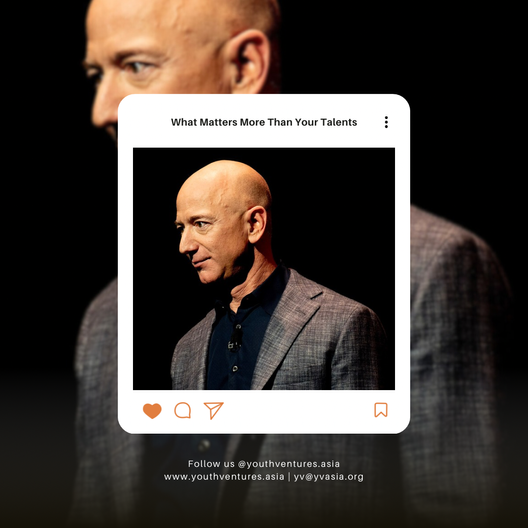In the late 2000s, Facebook CEO Mark Zuckerberg had a vision for the future of communication and connection. He saw a space where people would be able to come together and connect in a virtual reality or “metaverse” – one that allowed for real-time interactions between people in different locations across the world. This was the dawn of what we now know as Zuckerberg's “Meta Company” – a term coined when he announced his plans to shift the focus of Facebook from being a social networking company to becoming an all-encompassing media company.
Today, as many other tech companies are racing to create their own virtual reality experiences, Zuckerberg has been taking steps towards making his vision of a metaverse come true. In 2021, he announced the launch of Facebook Horizon Worlds - a massive multiplayer ecosystem that combines augmented and virtual reality worlds with traditional gaming experiences. The game itself is still in its early stages with limited content available, but it hints at what could be possible in the future of virtual reality and social networking.
In addition to the launch of Horizon Worlds, Zuckerberg has also been investing heavily in other technologies that have potential applications for creating immersive metaverse experiences. These include artificial intelligence and machine learning, which are being used to create conversational avatars that can simulate human interactions in VR environments; augmented reality, which can be used to digitally enhance physical spaces; and blockchain, which can enable a new kind of decentralized digital economy inside the metaverse.
As exciting as these developments are from a consumer perspective, they hold even greater potential for businesses looking to explore the possibilities offered by this new metaverse economy. For example, businesses may be able to leverage these technologies to create virtual storefronts where customers can browse and purchase items with cryptocurrency or digital assets; virtual conferences that allow remote attendees to interact in real time; or even virtual training simulations that teach employees new skills without ever having to leave their home.
For business owners who want to take advantage of this new technology, it is important to stay up-to-date on the latest advancements in VR/AR/XR technologies. There are a variety of resources available that offer insights into current trends and best practices for incorporating metaverse elements into business practices. Additionally, there are also numerous conferences and workshops taking place around the world where entrepreneurs can gain additional knowledge about how to successfully implement these technologies into their own operations.
Mark Zuckerberg's vision for a connected metaverse is one that is rapidly gaining traction among both consumers and businesses alike. As more companies begin to explore its potential applications, it stands to become an increasingly important part of our digital economy – providing us with new ways of connecting online while also offering new opportunities for businesses to reach their customers and drive innovation across industries.



